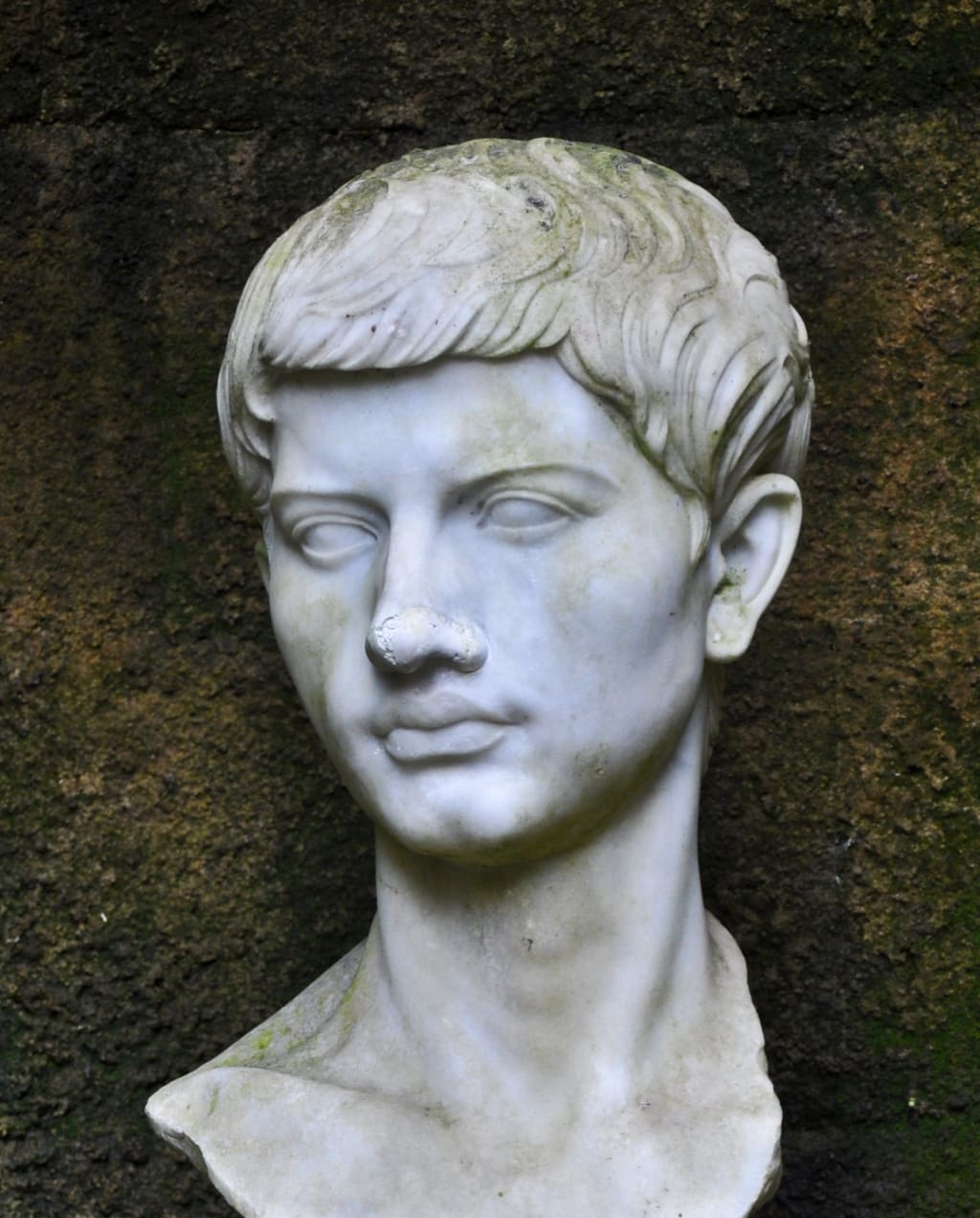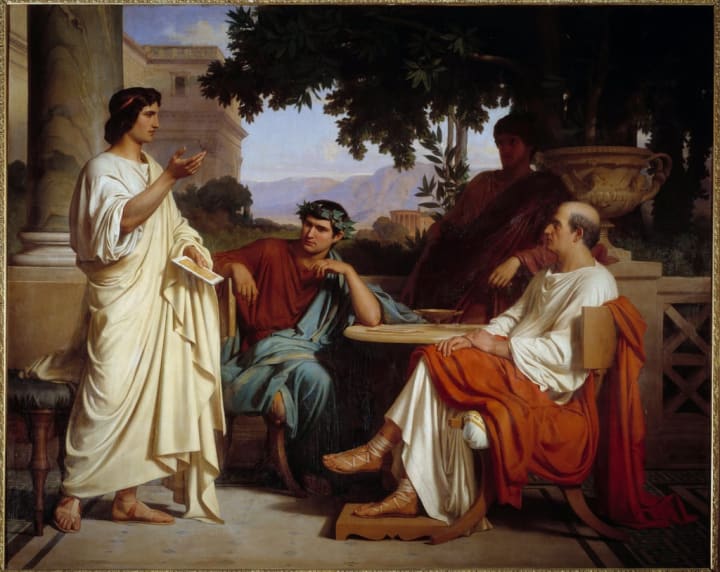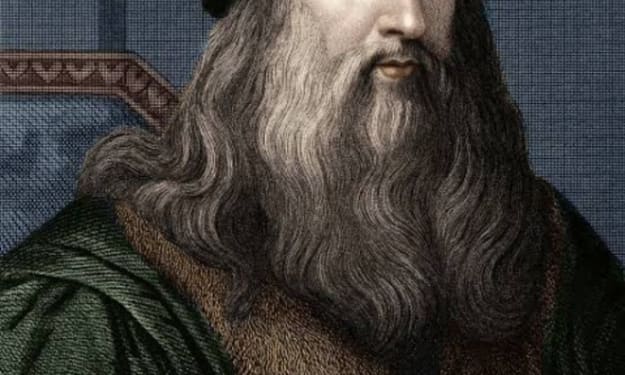Great Contributions of Virgil to Latin Literature and Roman Society
Virgil was an influential Latin poet of the Augustan era. This article is a tribute to his contributions to Latin literature and Roman society.

Virgil is a short name of an ancient Roman poet and legend Publius Vergilius Marco(70 BC-19 BC). He was the most influential Latin poet of Augustin's era. Latin literature is incomplete without “The Eclogues”, “The Georgics" and “The Aeneid” — three of Virgil’s most acclaimed poems still now. He was among the greatest poets of “The Golden Age of Latin Literature” along with Horace, Ovid, Livy, Cicero, Julius Caesar, Tibullus, and Propertius. He was a close friend of his contemporary historical figures such as Horace and Augustus (Future Roman Emperor).
Childhood and Education of Virgil
Virgil was born in a countryside region of Gaul which was part of the Roman Republic at that time. That’s why he always loved and admired nature and its beauty. He got his education from Milan, Cremona, and Rome. He studied rhetoric and law in his childhood. It is narrated that he was very shy, introverted, and socially aloof in his childhood. He was also very weak and skinny.
After completing the formal basic education, Virgil went to Rome to study Medicine, Rhetoric, Astronomy, and Philosophy in detail. However, his interests were shifted by that time and he turned towards Latin poetry and revolutionized it. He was inspired by the ancient Greek poet “Homer”(famous for his poems Odyssey and Iliad). Virgil studied him to get a guide about techniques and tips for poetry. However, Virgil had not copied him, instead, he developed his distinct style in poetry.

Political Circumstances of Virgil's Era
To get a better understanding of the personality of a historic figure, it's always a good idea to know the political circumstances of his time.
When Virgil was in his youth, the Roman Republic was near its collapse. General Julius Caesar and Pompey the Great were initially allies but later they broke out and a Civil War(49–45 BCE) started between them. Ultimately, Pompey was defeated at the “Battle of Pharsalus”(48 BCE). The political and military situation was very bad. But Virgil was not at all interested in this political, social, and military turmoil and crises which were accompanied by the fall of the Roman Republic. Instead, he was devoted to his work and poetry as he was a very workaholic.
Now we will look briefly at some of the most influential works of Virgil i.e. Aeneid, Georgics, and Eclogues, and their impact on Latin literature and Roman society.
Aeneid is a Latin epic poem, literally the masterpiece of world literature. It has been the national epic of ancient Rome. In this poem, Virgil narrated the story of a Roman trojan “Aeneas" and his friends who escaped from their city due to political crises and fled to Rome. There, they built a great empire for the Romans. This poem was a tribute to Caesar’s and Augustus’s struggles because, in many places, Virgil had drawn parallels between them and the main hero “Aeneas.” That’s why Aeneas is regarded as the mythical forefather of Romans. Some critics argued that Augustus used to patronize Virgil, therefore, he wrote Aeneid on the orders of Augustus to make a good impression of the newly created Roman Empire and to legitimize his rule. However, Virgil wrote this poem to motivate his countrymen and to make them stay loyal to their motherland.
It is also narrated that Virgil ordered to burn off “Aeneid" when he was on his deathbed because he wanted to revise some portions of it but it wasn’t practically possible due to his weak health.
“The Eclogues" (also called Bucolics)was another epic poem of Virgil. It was written in dialogue form and its main subject was agricultural and pastoral life.
“The Georgics" is about the history and politics of country folk, their life, their difficulties, and their simplicity.
In general, all poems of Virgil are about man’s struggle, success, and the cost of the struggle.
The legacy left by Virgil
Virgil had left an everlasting impact on the literature of all major languages particularly Latin literature. Roman critic and educationalist Marcus Fabius Quintilian (35–100 AD) recommended that “Virgil’s poems should be included in standard textbooks of schools.” Later, many of his poems were made the part of educational curricula of Rome.
Many Latin and Greek writers have been influenced by Virgil’s works. His contemporary Latin poet Ovid’s book “Metamorphosis” is sometimes called the “Mini-Aeneid.”
Aelius Donatus (a Roman author and grammarian of the 4th century AD)wrote about the biography and works of Virgil. However, unfortunately, some portions of his commentaries on Virgil’s life have been lost.
Virgil influenced English writers and poets as well including Shakespeare, William Words Worth, Alfred Tennyson, and many others.
The masterpiece in the history of literature _ is “Divine Comedy" which was written by Dante Alighieri during 1308–20 AD. In this poem, Virgil was one of the guides of the writer Dante who guides him through hell.
John Milton(1608–1674 CE) also greatly admired Virgil and his works. Aeneid served as a framework for his book “Paradise Lost”. He drew many parallels between the main character of his book “Satan" and Aeneas(the main hero of Aeneid). However, Paradise Lost was banned by Catholic Church in 1753 while Aeneid has been considered an everlasting book by Romans.
John Dryden(1631–1700) translated Aeneid. Similarly, Barry B Powell, William Morris, Robert Fitzgerald, Sarah Ruden, and Gavin Douglas also translated it. Cecil Day-Lewis translated both Aeneid and Georgics.
Teachings of Virgil
Some beautiful quotes from Virgil translated into English are here for you:
- Endurance and steadfastness can overcome every difficulty.
- Your successors have to harvest what you are sowing.
- A point comes when your desires will become your God.
- Every conquest begins with a firm belief.
- Love can conquer everything.
- Sweet and happy times go fast.
- Be steadfast, for fortune favors only those who are brave and bold.
- Your knowledge can do no good for anyone. Your services and actions can.
- The fortunate is the one who loves and studies nature and its laws.
- Don’t be attracted to outer beauty. Find the original charm in others, for the beauty of the face, is temporary.
These quotes and teachings of Virgil are so thought-provoking and meaningful. Their relatability to the present time has proved that:
“Great people live beyond the boundaries of time and space.”
About the Creator
Natasha Matloob
Student of humanities, and social sciences.






Comments
There are no comments for this story
Be the first to respond and start the conversation.